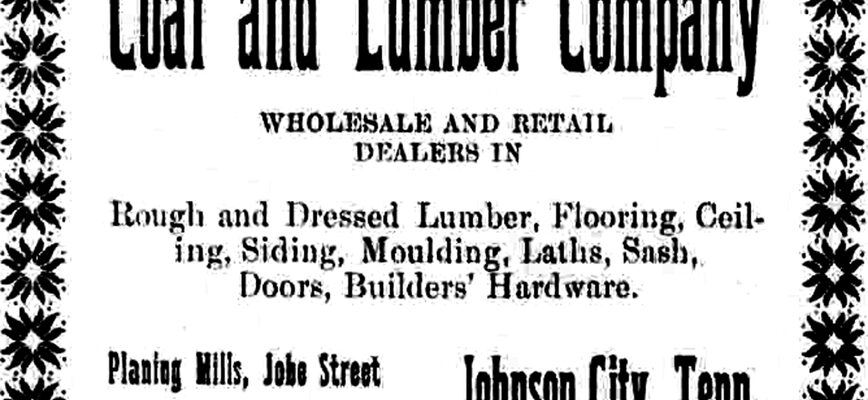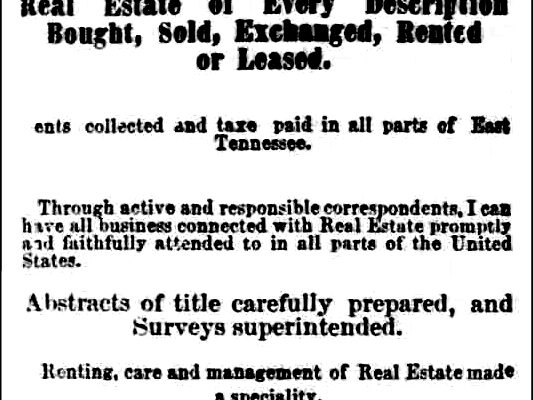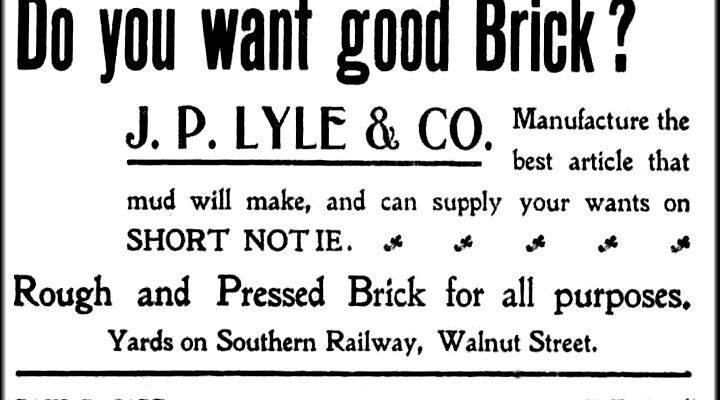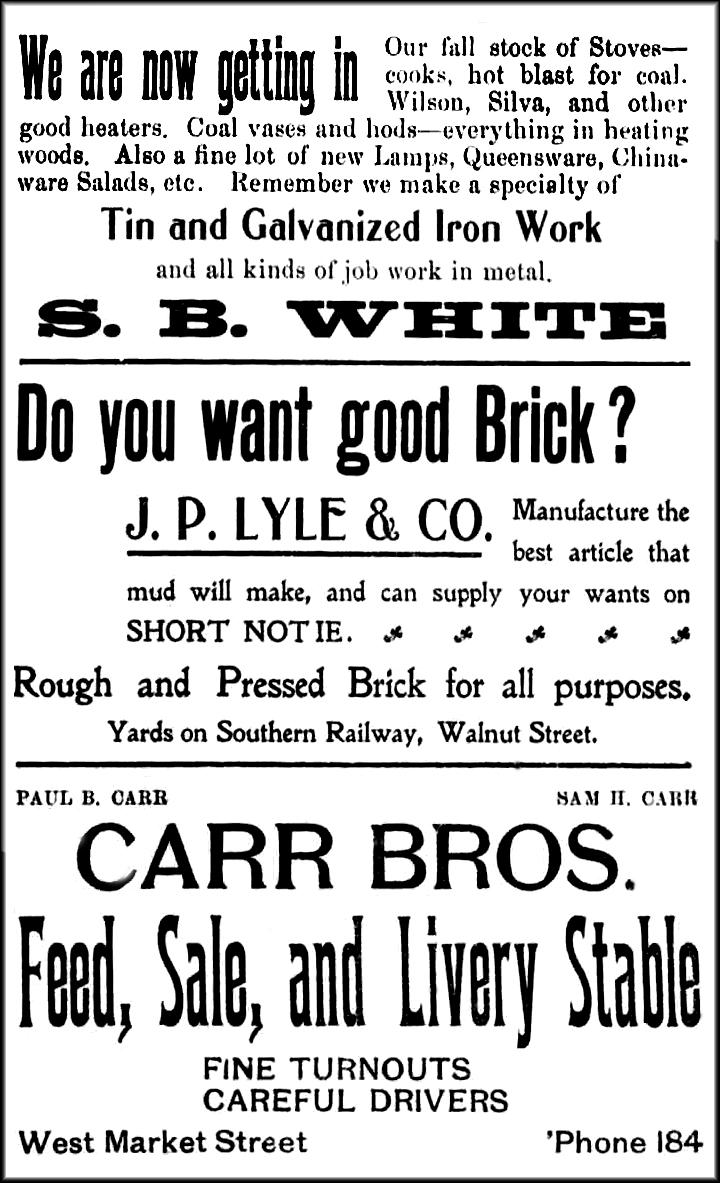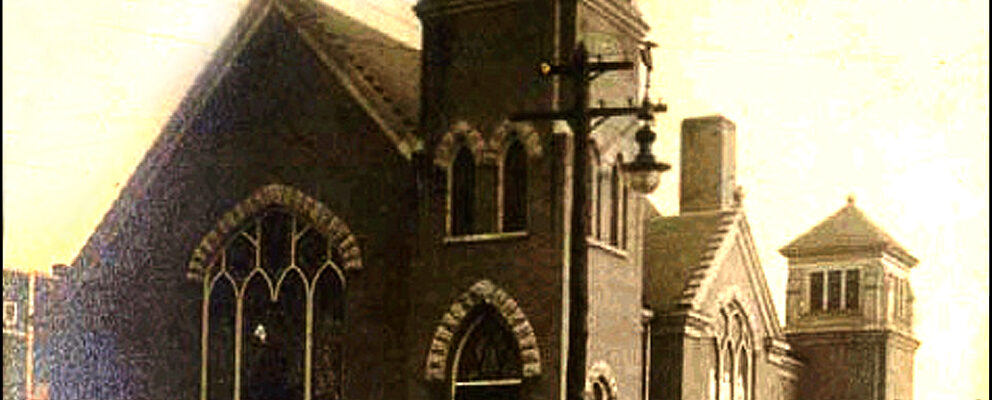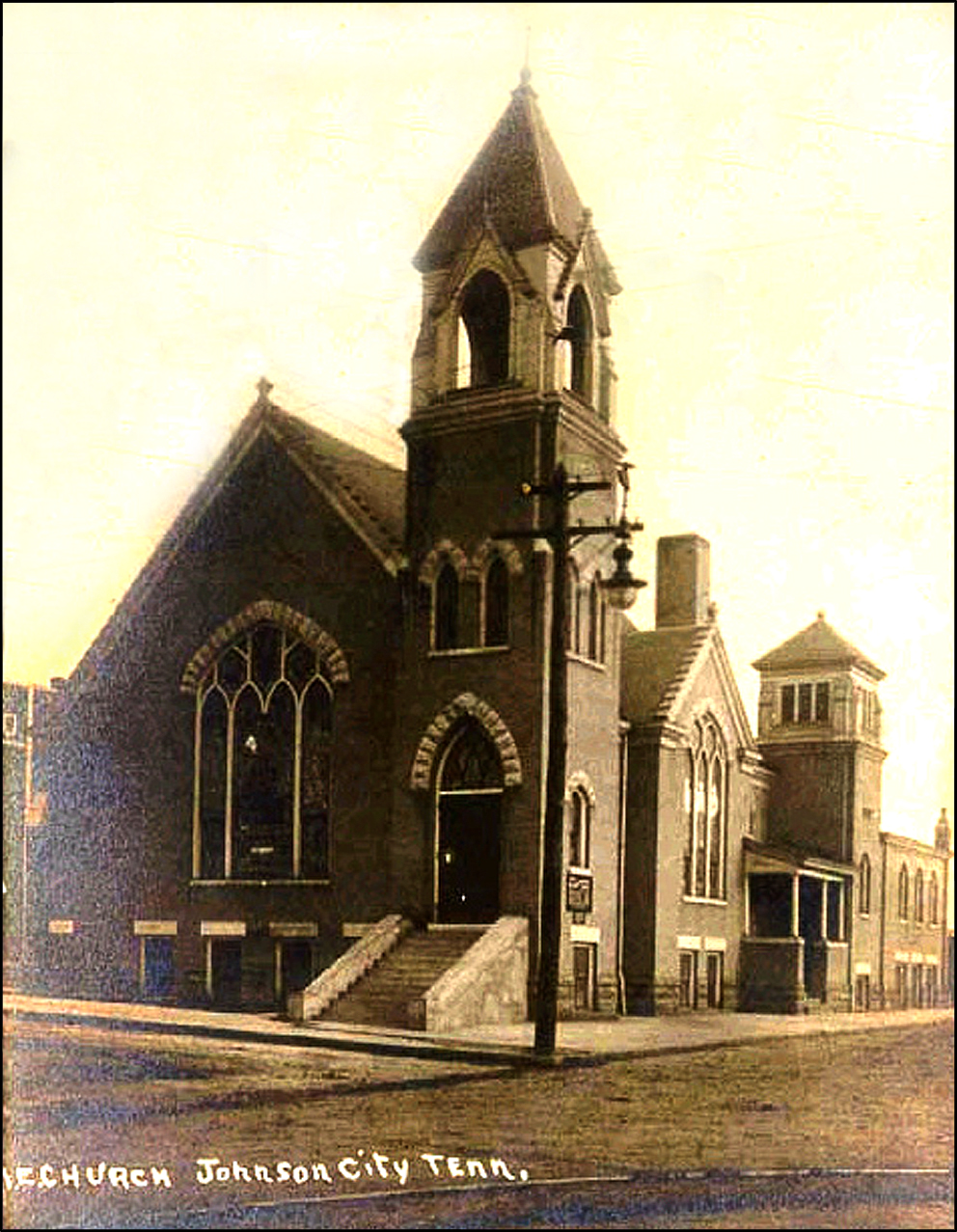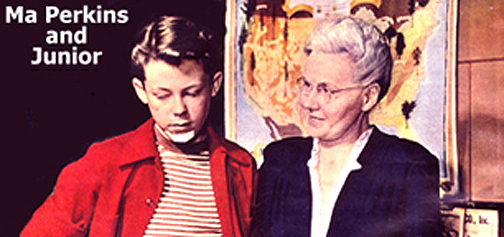In July 1903, Ex-Gov. Robert L. Taylor (“Our Bob”) journeyed to Bristol on a short business trip, vowing to return that same day and bring his two small sons, Bob and David, home from their visit with Uncle Alf at Johnson City.
Before he left, Gov. Taylor was seen at the Southern Depot (between W. Market and N. Roan) by a Journal and Tribune reporter, surrounded by a party of admirers, both Democrats and Republicans and in the best of spirits.
When asked if he was a candidate for the Senate, the cheerful ex-governor said that he was running in the interest of Senator Bate, whom he wished to succeed himself. “I am having a good deal of fun from the boys in this race,” he said. “They can't see how I can possibly be for Senator Bate. Those who go against him will soon find out why I am for him.
“I am not ready to go to the Senate yet,” he continued. “I haven't the money enough, but I am heaping it up in this political sense awful fast now. I don't want to go to the Senate this time. I am like the drunk who staggered around and held to the inside of his bedroom door, saying he would jump into his bed… the next time it came around.
“Seriously, I see no reason why this old man, rich in years and honor, should be turned out at this time if he wants to stay in. I would have defeated him several years ago if I could have, but 'bless your life, honey,' as the old saying goes, 'we were both younger then than we are now.'
“The time has passed by now to defeat Senator Bate. He has grown old and with the weight of years come the sentiment of war, which is the strongest in the (emotion) of any people. I went against Shiloh once, but I will never do it again. I am converted; the sentiments of war are stronger than (those) of peace.
“Senator Bate is a much stronger candidate now. Whatever I can do for him, I will do. I would not mind having the honor of succeeding him, but it is a case of 'after you, my dear Gaston,' with me, and I can wait till the old man retires. I used to think if I didn't get my young and heated blood into the senate chamber at once, the whole country would go to the bow-wows.
“But I have got over that feeling and the longer I put off my race, the less I am inclined to crowd out an old man who has been just as good a Democrat as the country ever produced and a bravo and honored soldier as well.
“You can tell them I am for Bate, first, last and all the time. I have had several representatives from headquarters come to me and try to tell me what a big mistake I was making by being for Bate. I can't see it that way. The only mistake I ever made was running against him in 1892 and I don't care to repeat it.”
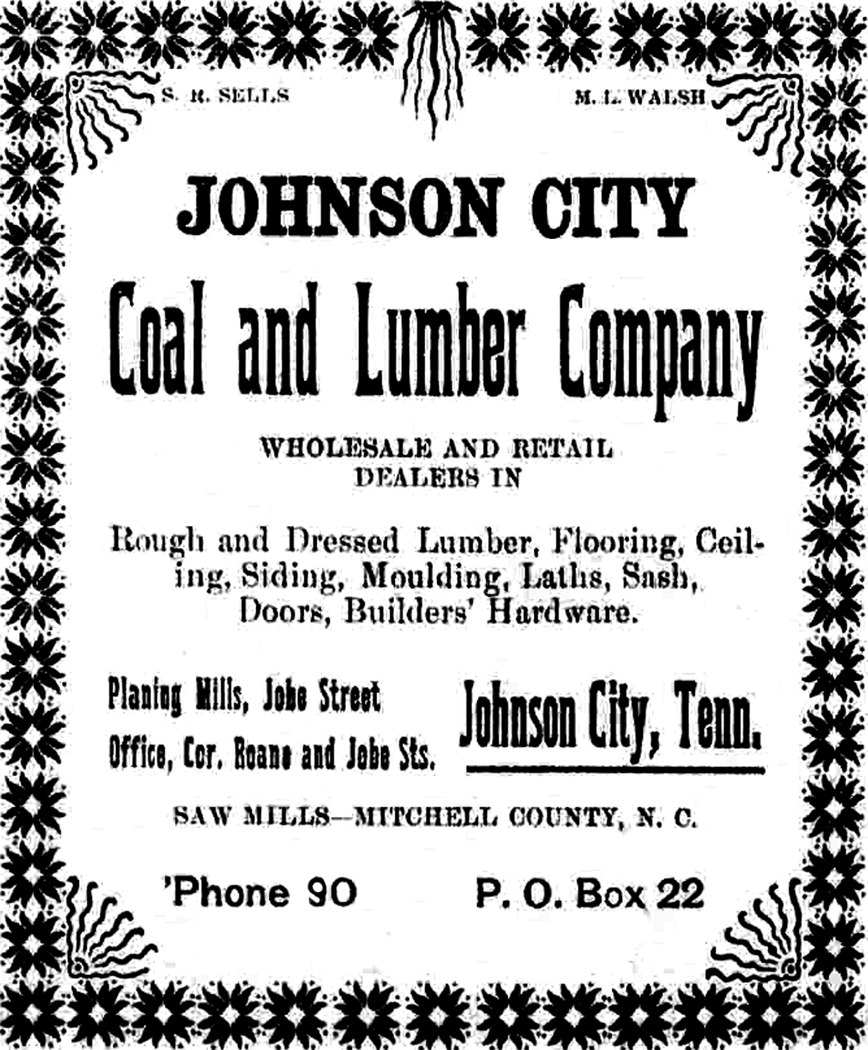
1903 Johnson City, Tennessee Advertisement
When asked for an interview, Mr. Taylor pulled off his hat and exposed his bare frontal to the zephyrs, which blow through the Southern station at times. He gave his hearers a merry twinkle of the eye and replied, “I reckon I can. About all I can do is to get interviewed. That's the only way the poor fellows have of keeping the people from getting them.
“We would ill have been deep beneath oblivion's dark wave politically if it had not been for the kindness of the newspaper reporters who come to our rescue. They used to know us when we were in our glory and are too charitable to pass us by now that we are reposing on the shelf, maybe forever.
“We poor old fellows live in the future, and the newspapers are after that kind of news, so I suppose we can play into each other's hands in that way. About all, that is left to an ex-politician is the past and the future. Mankind, in general, lives in memory or hope. The present is never fully appreciated.”
That is quite a depiction, Mr. Taylor.
